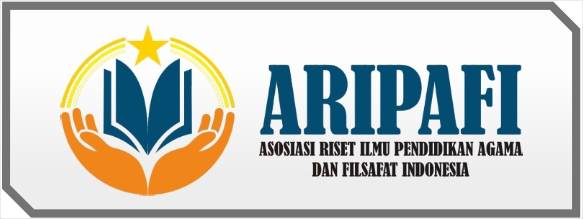Salib Kasih : Tanggung Jawab Ekumenis Gereja Mengembangkan Eco-Tourism di Siatas Barita
DOI:
https://doi.org/10.59581/jpat-widyakarya.v2i4.4434Keywords:
Church, Eco-tourism, Salib Kasih, Innovation, CreativityAbstract
This article discusses the role of the church in its ecumenical responsibility to support the development of eco-tourism in the Salib Kasih area, Siatas Barita. With the increasing awareness of the importance of environmental preservation, the church has the potential to become an agent of change through innovation and creativity. Factors contributing to the decline in visitor numbers, such as poor cleanliness, limited public facilities, and low creativity in tourism product development, are identified as the main challenges. Through collaboration between the church and the government, as well as the implementation of effective strategies, this area is expected to develop into a sustainable tourist destination that benefits the local community.
References
Borrong, R. B. (2000). Etika bumi baru: Akses etika dan pengelolaan lingkungan hidup. Jakarta: BPK Gunung Mulia.
Gunawan, F. (2021). Gereja dalam aksi: Kontribusi untuk lingkungan dan masyarakat. Surabaya: Penerbit Salemba.
Harianja, L. W. (2024). Tanggung jawab gereja membangun eco-tourism: Studi kasus Sampuren Sikulikap, Desa Doulu Kabupaten Berastagi, Sumatera Utara. Jurnal Pendidikan Agama Dan Teologi.
Lumban Tobing, J. (2016). Spiritualitas dan ekologi: Refleksi teologis gereja di era modern. Jakarta: Penerbit Alkitab.
Nasution, D. (2022). Ekoturisme berbasis komunitas: Model pengembangan berkelanjutan di Indonesia. Palembang: Penerbit Andalas.
Sihombing, E. (2019). Kasih dan tanggung jawab sosial gereja: Mengatasi masalah lingkungan di Indonesia. Bandung: Mizan.
Simanjuntak, P. J. (2023). Tanggung jawab gereja membangun eco-tourism pendidikan penghubung ekonomi jemaat di daerah Sumatera Utara. Jurnal Magistra.














